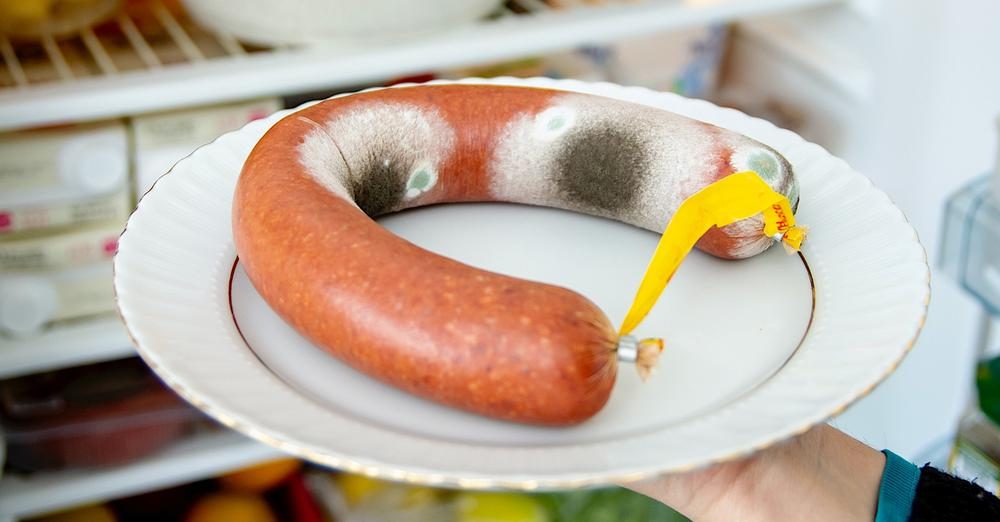Health risks associated with storing food in aluminum foil
Since long, we have been relying on aluminum-based pots and pans to cook food. This is because it has been scientifically proven that this metal is a good conductor of heat. Going by the same science, many of us depend upon aluminum foils to cover and store food. It is generally perceived that since aluminum is safe for cooking, it should be safe to store food as well. However, the reality of this belief is quite different. Read on to know about the health risks of using aluminum for storing the food.
;Resize,width=742;)
Refrigeration is by far the safest way to store food and leftovers without worrying about it getting spoilt. If stored correctly, the leftovers can safely last for up to 4 days.
To store the food, we usually transfer it into a bowl or a container and then cover it with aluminum foil before tossing the box into the refrigerator. Or, wrap dry foods, such as non-curried meat preparations, bread, stir-fry veggies, and pies using the foil. This method seems pretty quick, safe, and convenient for most of us. However, you might not be aware that wrapping food in an aluminum foil can prove to be hazardous for our health.
This can be explained very simply. Some strains of bacteria, such as Staphylococcus and Bacillus cereus, produce certain toxins that are not easily destroyed despite the food being cooked at very high temperatures. Leaving the freshly prepared food outside at room temperature, for more than two hours, can give these bacteria a golden chance to proliferate.
Similarly, aluminum foil is not capable of sealing the food completely when it is stored. This exposes the food to air, and in the presence of air, bacteria grow faster.

So, the container in which you store the food should be chosen thoughtfully, and it should be packed appropriately to restrict the multiplication of bacteria. Any other way, the chances of food staying edible will narrow down.
Ideally, the leftovers should be stored in a shallow and air-tight container and then sealed well. This way, the cooling of the food is fast, which restricts the growth of bacteria as well. Also, the time at which you store the edibles is critical here. Put the food in the fridge within two hours from preparation to prevent the growth of microorganisms.
Meat products and dairy are two categories of food that need particular attention vis-à-vis storage time is concerned. Again, use only air-tight containers that can seal the food really well for storage purposes.
;Resize,width=767;)
;Resize,width=712;)
;Resize,width=712;)
;Resize,width=712;)
